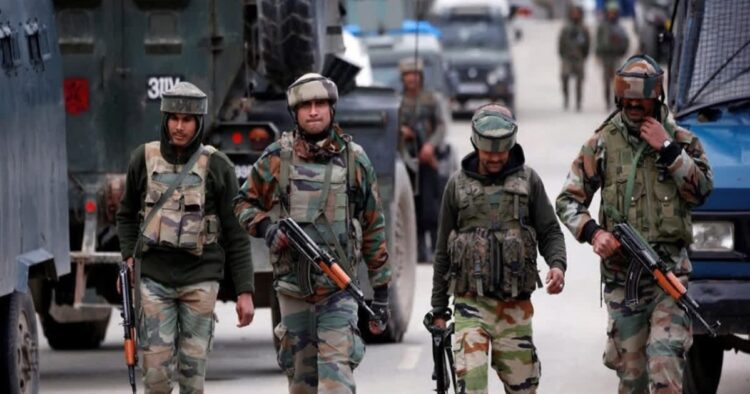In a recent development, the Central government has decided to extend the implementation of the Armed Forces (Special Powers) Act (AFSPA) in certain areas of Nagaland. The Ministry of Home Affairs (MHA) announced this decision through a notification, declaring eight districts and 21 police stations in Nagaland as ‘disturbed areas’ for the next six months, starting from April 1, 2024. This extension, unless withdrawn earlier, aims to address the prevailing law and order situation in the state.
The districts affected by this extension include Dimapur, Niuland, Chumoukedima, Mon, Kiphire, Noklak, Phek, and Peren in Nagaland. Additionally, certain police stations falling within five districts of the state will also operate under the AFSPA. These include six police stations each in Zunheboto and Mokokchung districts, five police stations in Kohima, three police stations in Wokha, and Yanglok police station in Longleng district.
The decision to extend AFSPA in Nagaland follows a thorough review of the law and order situation in the state by the Central Government. Earlier, similar measures were taken, wherein eight districts and 21 police stations across five other districts of Nagaland were declared as ‘disturbed areas’ for a period of six months, starting from October 1, 2023.
AFSPA, a contentious law, grants special powers to the armed forces deployed in ‘disturbed areas.’ These powers include the authority to arrest individuals without a warrant, conduct searches and seizures without prior approval, and take necessary actions deemed essential to maintain peace and security. The law has been a subject of debate due to concerns over human rights violations and excessive use of authority.
The extension of AFSPA in Nagaland underscores the ongoing challenges faced by the state in maintaining law and order. While the government asserts that such measures are necessary for combating insurgency and ensuring security, critics often raise concerns about the potential misuse of powers and violations of civil liberties. The decision to extend AFSPA will likely continue to provoke discussions and debates on the balance between security measures and protection of fundamental rights in conflict-affected regions.

















Comments